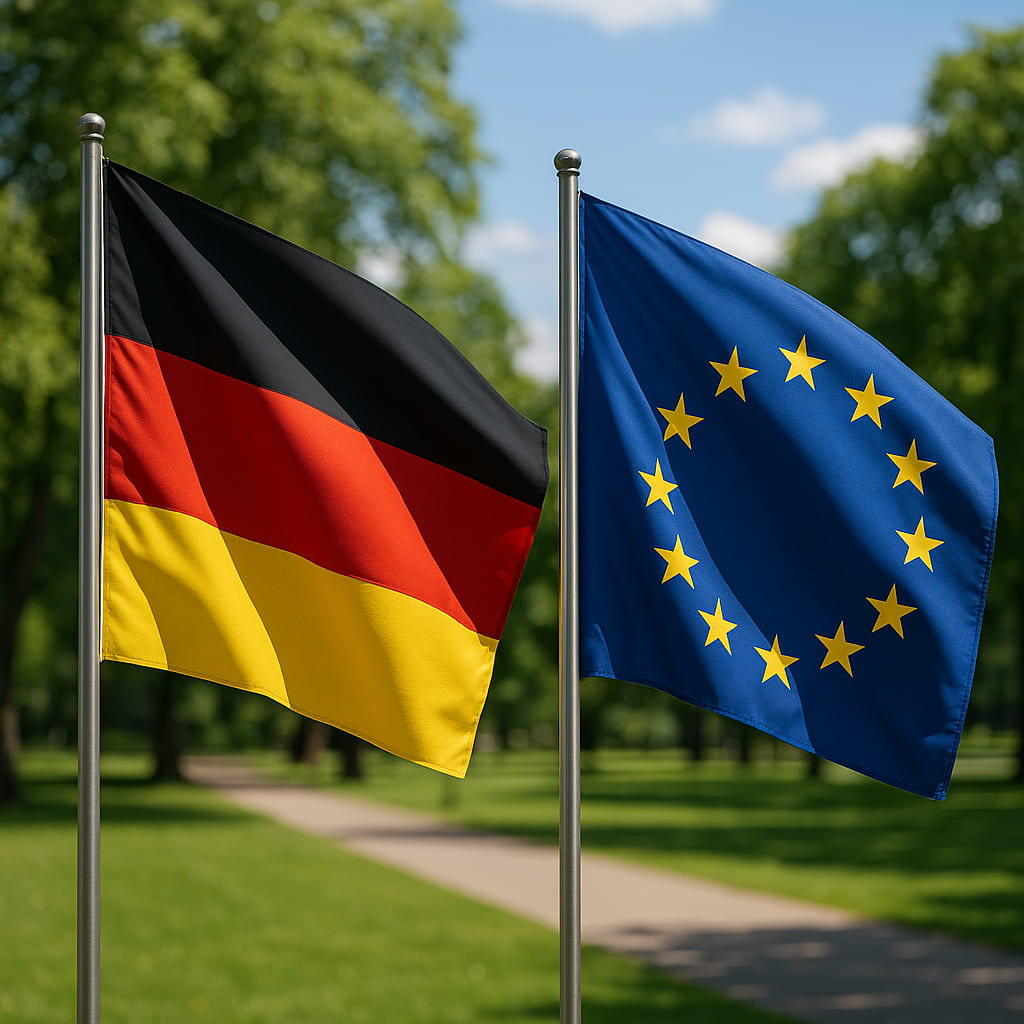Germany and Europe: New Deal or Déjà Vu?

It is not necessary to gaze too far into the past to realise that Germany and Europe, even before the Second World War, have had a particularly close and yet curious, and, in part, ambivalent relationship with each other. When looking back at the beginnings of the European integration process, it has always been especially about Germany. The ‘German Exception’ as a ‘European tradition’, is Wolf Lepenies’ description of the process in his fascinating book for which he received the Peace Prize from the German Book Trade. In the frequently quoted 1994 Schäuble-Lamers’ paper about the `Core of Europe´, it is stated: `Although Germany is bigger and stronger than each individual neighbour, it is not bigger and stronger than all of its neighbours put together´. The idea to embed Germany to prevent it from developing new hegemonic aspirations and secure long standing peace in Europe has always been the main reason behind the European Integration Process.
And that was exactly the result. Germany, the largest country on the European continent, was for decades the only true ‘big and pro-integration’ country in the European Community and, respectively, the European Union. France and Great Britain are entirely different cases, though large countries, each in its own, is less pro-integration than Germany (France has evidently been pro-Europe. However, unlike Germany, it has never been that committed to the specific supranational system); and Italy is indeed pro-integration and supranational, but not as large as Germany. Being both the largest country and the most pro-integration, Germany was for many years in an exceptional position within the European Union.
In considering European Integration and strong transatlantic relations as two sides of the same coin -the two main ‘parameters’ of German foreign policy-, Germany has conciliated two contradictory positions.3 This distinguished the Germans from the British, who always made their transatlantic ties a priority, and the French, who projected their own foreign policy ambitions onto the process of European integration and who have had, since the beginning, a choppy relationship with the US. Germany did share its commitment to transatlantic relations and the European project with Italy, but Italy however, as has already been mentioned, is not exactly Germany. Germany in Europe has thus always provided for the cohesion of two approaches: big and pro-European, transatlantic and pro-European.




